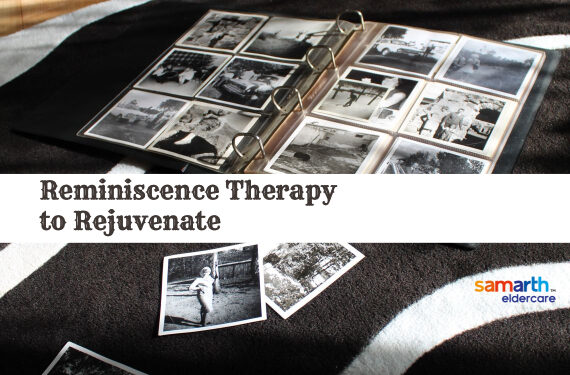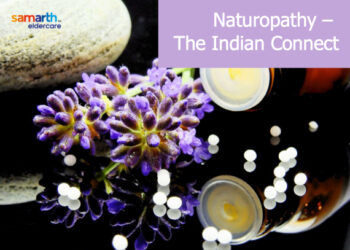A slightly old Bollywood song from the movie ‘Yaadein’ sums it up pretty well.
Nagme hain, shikwe hain, kisse hain, baatein hain
Baatein bhool jatee hain, yaadein yaad aati hain
Yaadein or memories is something all of us are collecting every moment as we live our lives. Throughout our whole life, we keep collecting memories, some wonderful ones, and some not-so-lovely ones. When we recollect lovely ones, it brings a smile to our faces, and a spring in our steps. It gives us some much-needed rejuvenation to make some more memories. These memories, especially childhood ones are truly powerful. Scientific evidence suggests that those who have had a happy childhood mostly have a healthy later life. Such people have better relationships and are less likely to have depression and other chronic illnesses. It is a cue for us to help create lovely childhood memories for the kids around us to help create healthier individuals.
It is, therefore, with solid scientific backing that nonpharmacological interventions like reminiscence therapy came into being. This therapy is like a guided walk down memory lane to help older people feel happy and help build their self-esteem. This is especially useful as an intervention for people suffering from cognitive issues like Alzheimer’s disease.

Join Now >
Walk down memory lane
Visiting our childhood homes, town, meeting our childhood friends, etc. are some of our favourite pastimes that can rejuvenate us like no other. With the advent of WhatsApp and Facebook alumni groups, people have been able to easily track and keep in touch and participate in such alumni events. These simple catch-ups that you have been doing may well have been adding life to your years.
Indeed, it seems to reminisce the past events, especially the childhood events are powerful enough to boost your wellbeing. This is now a therapy that is used in care homes, especially to help treat people with cognitive disorders. For people who have trouble remembering, this therapy is used in a way to help them remember and feel good. It is like a guided walk down memory lane, helping them to find meaning in their memories. This therapy is said to be a therapeutic aspect of ageing. It’s not good to dwell on your past, but, it’s good to reminisce about your lovely times.
Observed benefits
When you encourage older people to reminisce, they start talking and sharing their stories. It gives them a sense of happiness and achievement over what they have done in the past. It makes them feel fulfilled about their life in general. It also makes them more communicative than otherwise. We all have those parents, uncles, and aunties who wax eloquent when they time travel back to their childhood or youthful days, isn’t it?
Sometimes, in these reminiscence sessions, they share pearls of wisdom from their experience. Most often, they don’t share as there are no listeners. However, when they are asked to talk and they know someone is listening they share many things, and some of them are useful. In this process, their communication improves, their self-esteem takes a leap, and they bring out bottled emotions. All this is highly beneficial in bringing about general wellbeing in their lives. It is now proven that when people in care homes were asked to share their memories, there was a marked decrease in boredom and depression. Mental wellbeing automatically helps boost physical health. Therefore, it was also observed that blood pressure in such people was regulated with better heart rates as well.
Ways to help reminisce
For those who are cognitively healthy, it is not an issue to start sharing their memories. However, for those having cognitive issues, you might have to prod them into remembering. This therapy suggests using the various senses like sight, touch, taste, hearing, etc to rekindle their memories. For example, taking them through a guided tour of old family albums may help bring about some spark somewhere.
It could possibly be also making them listen to some music of their times, or eating some favourite foods. At times, making them see and feel objects from their past lives can help them remember things. It is not easy and is a continual process to help them remember, and encourage them to tell a story. Reminiscence therapy is, therefore, just a collation of activities, conversations, and storytelling, where some ‘prompts’ will be used to rekindle the memories. However, the biggest takeaway from all this is that reminiscing is good for overall health. Therefore, we should indulge in it as often as we can for our improved well-being.








